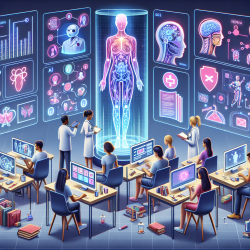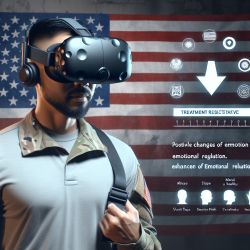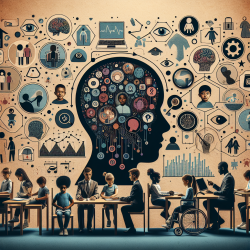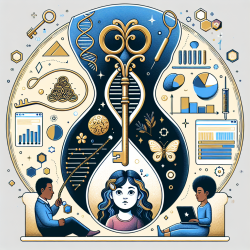The integration of artificial intelligence (AI) into various sectors has been a game-changer, and the field of medical education is no exception. Recent research conducted at the University of Toronto has shed light on the potential of AI chatbots to transform how medical knowledge is assessed and imparted. The study titled "Assessment of Resident and AI Chatbot Performance on the University of Toronto Family Medicine Residency Progress Test: Comparative Study" provides compelling insights into how AI can be harnessed as a powerful educational tool.
Understanding the Research
The study compared the performance of two AI models, GPT-3.5 and GPT-4, against Family Medicine residents on a multiple-choice test designed for their level. The results were striking: GPT-4 not only outperformed its predecessor, GPT-3.5, but also surpassed the highest-scoring resident. With an impressive accuracy rate of 82.4%, GPT-4 demonstrated its advanced reasoning capabilities and potential as an educational resource.
Implications for Practitioners
The findings from this study have significant implications for practitioners in the field of medicine and beyond. Here are some ways practitioners can leverage these insights:
- Enhancing Educational Tools: The superior performance of GPT-4 suggests that AI can be used to develop more effective educational tools. Practitioners can explore integrating AI-driven platforms into their training programs to provide learners with immediate feedback and personalized learning experiences.
- Creating Exam Content: With its ability to generate logical rationales for its responses, GPT-4 can assist educators in creating high-quality exam questions and scenarios that challenge students' critical thinking skills.
- Supplementing Medical Knowledge: AI models like GPT-4 can serve as a supplementary resource for practitioners seeking quick access to medical information or community services, thereby enhancing patient care coordination.
- Error Analysis: By analyzing the types of errors made by AI models, educators can identify common pitfalls in clinical reasoning and address them in their teaching methods.
The Path Forward: Encouraging Further Research
The study opens up numerous avenues for further research and exploration. Practitioners are encouraged to delve deeper into understanding how AI can be integrated into various aspects of medical education and practice. Here are some areas worth exploring:
- Diverse AI Models: While this study focused on OpenAI's GPT models, comparing other large language models like Google Bard or Facebook Llama could provide broader insights into the best-suited tools for medical education.
- Longitudinal Studies: Conducting long-term studies on the effectiveness of AI integration in medical training programs could offer valuable data on its impact on learning outcomes over time.
- Cultural Adaptations: Exploring how AI models can be adapted to different cultural contexts could enhance their applicability in global medical education settings.
- Error Mitigation Strategies: Developing strategies to mitigate common errors made by AI models could improve their reliability as educational tools.
A New Era in Medical Education
The advent of sophisticated AI models like GPT-4 marks a new era in medical education. By embracing these technological advancements, practitioners have the opportunity to enhance their teaching methodologies and improve learning outcomes for future generations of healthcare professionals.
If you're intrigued by these findings and wish to explore further, consider reading the original research paper: Assessment of Resident and AI Chatbot Performance on the University of Toronto Family Medicine Residency Progress Test: Comparative Study.










